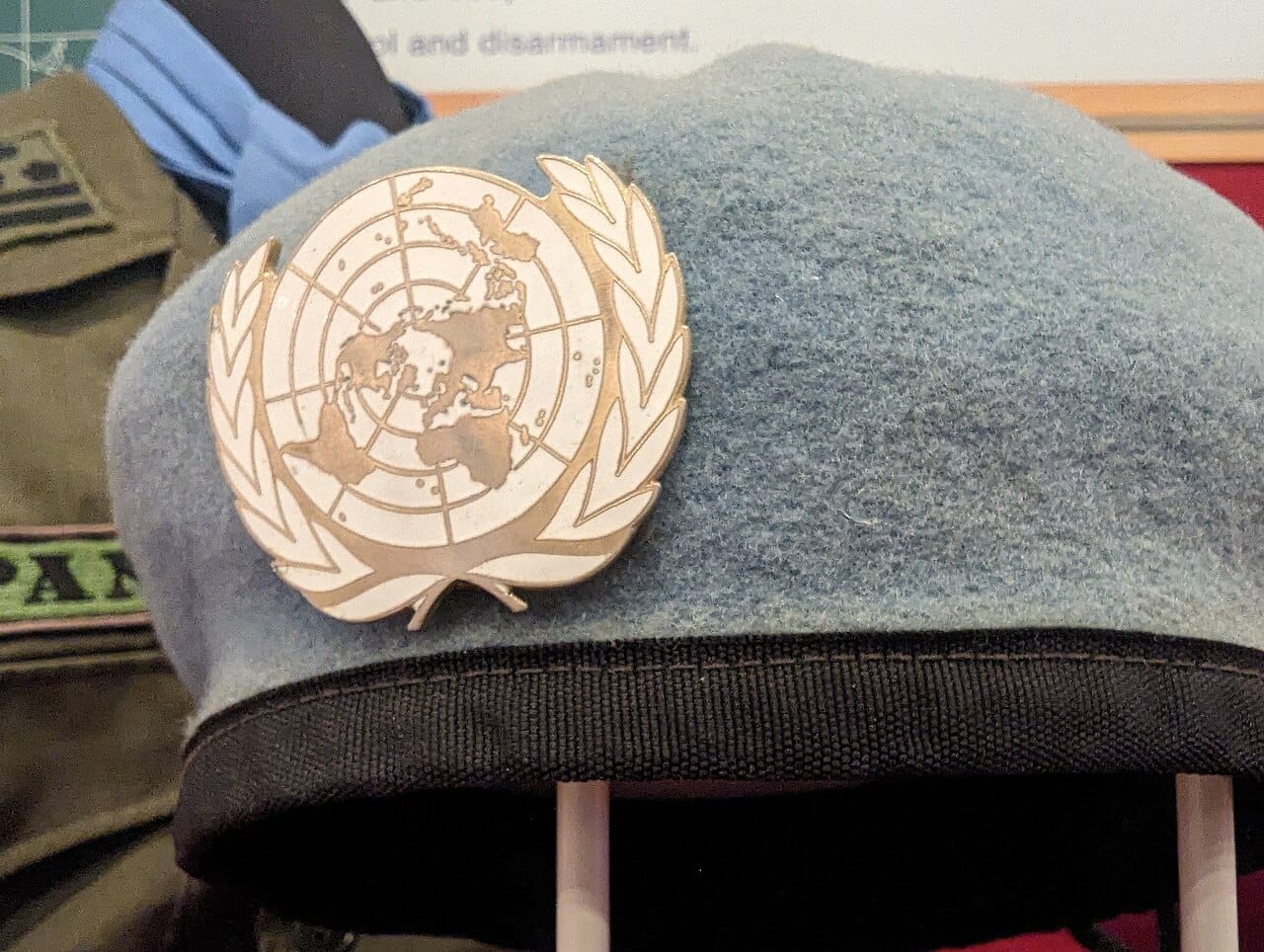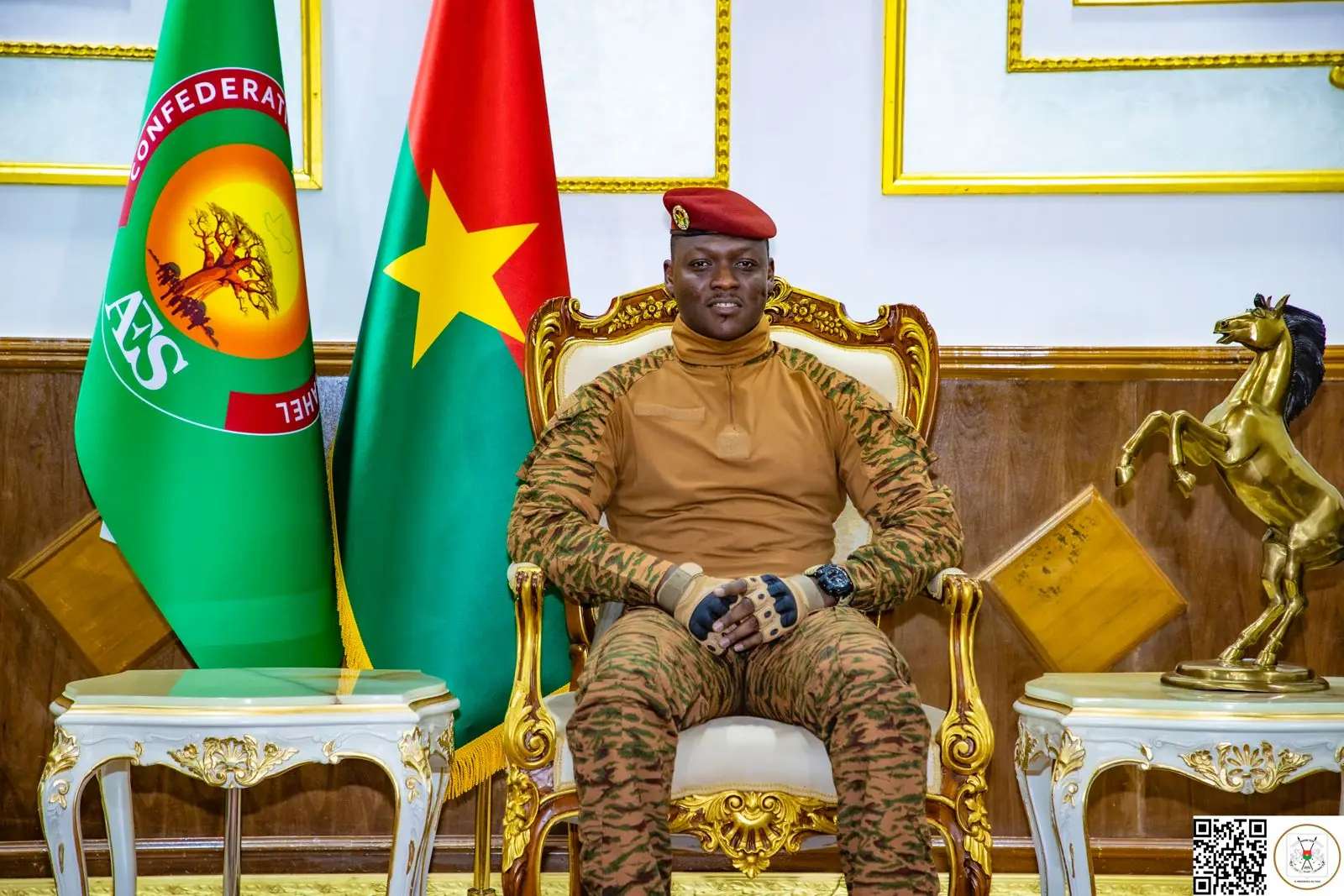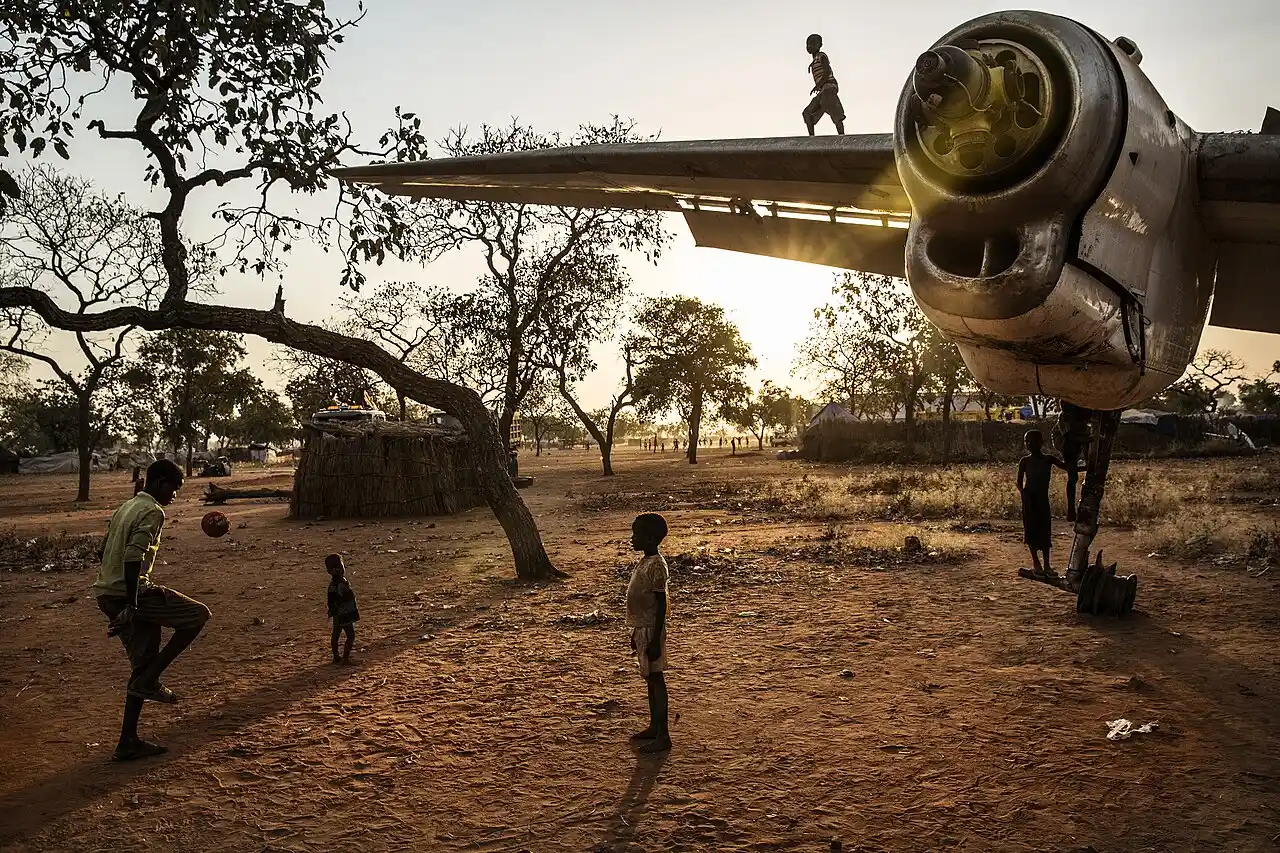The Democratic Republic of Congo (DRC) has long been plagued by conflict, with the eastern region serving as a battleground for various armed groups. Among these, the March 23 Movement (M23) has emerged as one of the most significant, with its resurgence in recent years once again drawing attention to the deep-seated tensions between Rwanda and the DRC. This article provides a historical background to the conflict, focusing on M23’s origins, its ties to Rwanda, and the broader geopolitical implications, including international exposure and the failures of global diplomacy.
Backgrounder
The roots of the Rwanda-DRC conflict can be traced back to the 1994 Rwandan Genocide, in which approximately 800,000 Tutsis and moderate Hutus were slaughtered by Hutu extremists (Des Forges, 1999). Following the genocide, the Rwandan Patriotic Front (RPF), led by Paul Kagame, took power, prompting an exodus of Hutu militants and refugees into eastern Congo, then known as Zaire. Among these refugees were members of the génocidaire militia known as the Interahamwe, which later reorganised into the Democratic Forces for the Liberation of Rwanda (FDLR), an armed group operating in the DRC with the goal of overthrowing the Rwandan government (Reyntjens, 2009).
Rwanda, fearing the presence of hostile forces along its border, repeatedly intervened in the DRC, initially backing Laurent-Désiré Kabila’s rebellion against Zaire’s leader, Mobutu Sese Seko, in 1996. However, relations between Kabila and Rwanda soured, leading to the Second Congo War (1998-2003), a devastating conflict involving multiple African nations (Prunier, 2009). Even after the war formally ended, instability continued, with various Rwandan-backed rebel groups remaining active in the DRC’s eastern provinces.
Emergence of M23
All the views and opinions expressed are those of the author. Image Credit: The New Humanitarian.
About the Author
Jaiee Ashtekar holds a bachelor’s degree and a master’s degree in political science from the University of Mumbai. She holds a post-graduate diploma in international relations from the University of Strathclyde, United Kingdom (UK). She has done projects titled “Kashmir through Political Perception” and “Water issues between India and Pakistan.”



